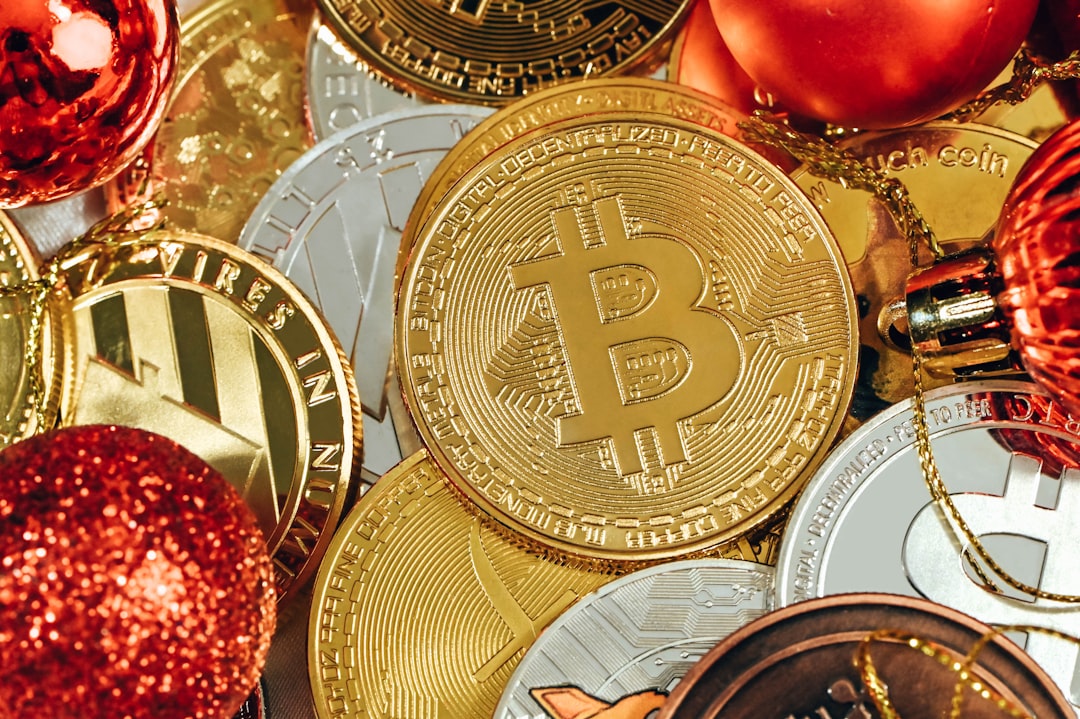
Virtual Currency Finders' License Regulatory Overhaul: Can Hong Kong Become Asia's Cryptocurrency Capital?
The year 2024 marks a critical turning point for the global cryptocurrency market. Hong Kong has launched Bitcoin and Ethereum spot ETFs ahead of others, and has even offered an "ultimate weapon" in over-the-counter (OTC) regulation - on February 8, the Financial Services and the Treasury Bureau (FSTB) officially launched a public consultation on the OTC licensing regime for virtual assets, which is known as the "most stringent" regulatory bill in history by the industry and will completely rewrite the rules and regulations for cryptocurrency trading in Hong Kong. Hong Kong's cryptocurrency trading rules.
Hong Kong's OTC regulatory loophole will be history: How the licensing system will reshape the market
At present, virtual asset swap stores are everywhere in Hong Kong, and anyone can open an OTC store to conduct large-value cash transactions. Although this "zero threshold" model promotes market activity, it also carries the risk of money laundering. According to the latest proposal, in the future, anyone operating a physical or online OTC business will need to apply for a two-year license from the Customs and Excise Department and meet seven core requirements:
- dual representation system: Mandatory "Compliance Officer" and "AML Reporting Officer", directly accountable to regulators
- Asset restraining orders: only allow the exchange of virtual assets listed on licensed exchanges in Hong Kong and prohibit the use of stable coins not approved by the HKMA
- Transparency in trading: Keep a complete record of every fund flow and report all wallet address lists.
- Professional Investor PrivilegesRetail investors are not allowed to trade in tokens outside the SFC Permit List, but professional investors are exempted.
- Transitional Life and Death Lines: Existing operators are required to complete the application for a license within six months, and those who fail to submit the application within the first three months will be immediately suspended from operation.
It is worth noting that the new regulation explicitly prohibits OTC platforms from conducting "currency exchange" and only retains the two-way channel between fiat currencies and virtual assets. This is a direct reference to the gray operation of using cross-currency trading to circumvent regulation, forcing all OTC trading to be exposed to the anti-money laundering radar.
Global Regulatory Triad: Hong Kong, Singapore and the U.S. Compliance Circuit
While Hong Kong is pressing ahead with its OTC license, other financial centers have already set up their own cryptocurrency regulatory battlegrounds:
Singapore: A "Precision Balance" Where Technology Innovation and Compliance Go Hand in Hand
- Two-Tier License System: Average monthly transaction volume below S$3 million for a Standard Payment Institution License, and above that threshold for a Major Payment Institution License.
- Enhanced Custodial Responsibility: Amending the Payment Services Act in 2023 to require platforms to deposit customer assets into a statutory trust account
- Sandbox experiment firstDigiFT Tokenized Exchange is a sandbox product that allows innovative projects to be piloted in a supervised environment.
The United States: A 'High Wall of Compliance' in a Regulatory Maze
- Regulation of multi-horse cartsThe SEC regulates security-based tokens, the CFTC regulates commodity futures, and FinCEN catches money laundering, and companies need to meet all three sets of rules at the same time.
- Countdown to California DFAL taking effectJuly 2025: OTC traders to be licensed, threshold comparable to New York's BitLicense
- Enforcement Storms Regularized: SEC sues Coin, Coinbase and other giants in recent years as compliance costs soar
In contrast, Hong Kong's regulatory strategy appears to be more "aggressive" - opening up the retail market through ETFs to attract capital, and then using OTC licenses to tighten institutional trading compliance, forming a combination of "opening the front door and closing the back door".
Three Industry Shockwaves Behind the Licensing System
Impact 1: Small and medium-sized OTC stores face elimination
Of the more than 2,000 virtual money exchanges in existence, only the powerhouses can afford the cost of compliance. For example, the median annual salary for a compliance professional in Hong Kong is HK$800,000, which is equivalent to the annual profit of a small store, for "hiring a dual compliance officer".
Impact 2: Unprecedented Strengthening of the Exchange's Voice
OTC platforms can only trade assets on the shelves of licensed exchanges, which means that licensees such as HashKey and OSL will have the power of life and death over the listing of tokens, forming a vertical control chain of "exchange-OTC".
Impact 3: Professional investors are the biggest winners
The new regulation opens up a "privileged channel" for professional investors (with assets over HK$8 million) to trade unlisted tokens. This will stimulate family offices and organizations to accelerate their application for professional qualifications, creating a new wave of "compliance arbitrage".
Key Battles in the Next Three Years: Hong Kong's "Turning the Corner" Formula
Despite the pain of tighter regulation, Hong Kong's virtual asset ambitions go far beyond that. This can be seen in four key strategies:
- Infrastructure Revolution: HKMA promotes the Wholesale Central Bank Digital Currency (wCBDC) to create a highway for tokenized asset settlements
- Stabilized Currency IcebreakerHong Kong Dollar Stabilized Currency: Round Coin Technology and Other Organizations Prepare Hong Kong Dollar Stabilized Currency to Solve the Pain Points of Cross-border Payment
- The Night Before the RWA EruptionBOCI and GF Securities have issued tokenized notes, accelerating the process of real asset uplinking
- Global exchange jamHashKey Global, OSL Expand in Southeast Asia, Compete with Coinbase for Asia-Pacific Traffic
It is interesting to note that three Chinese funds (Huaxia, Harvest and Bosch) have won the first batch of virtual asset ETFs, indicating that the "national team" is deploying crypto-finance through Hong Kong. This model of "Chinese capital going overseas + local compliance" may be Hong Kong's unique weapon against Singapore and New York.
Write Last: The New Era of Crypto with Regulatory Dividends and Risks
When the bitcoin ATMs on the streets of Hong Kong began to be labeled "licensed", this regulatory change has quietly penetrated every aspect of the transaction. For investors, compliance means a safer trading environment and the end of the era of barbaric growth; for the industry, a license is not only an entry ticket, but also the horn of the battle for survival.
Over the next two years, Hong Kong's virtual asset market will play out a "song of ice and fire" - with the compliant taking advantage of the policy winds and the guerrillas searching for survival in the regulatory cracks. The only thing that is certain is that this change will redefine the landscape of power in Asia's cryptocurrency market.
Disclaimer: The contents of this article are for informational purposes only and should not be construed as any form of promotion, investment advice, or invitation, solicitation or recommendation of any investment product.
The contents of this article have been reprinted.offensiveIf there is anything wrong, please contact us and we will remove it immediately, thank you.
Readers should make their own assessment and seek professional advice.





